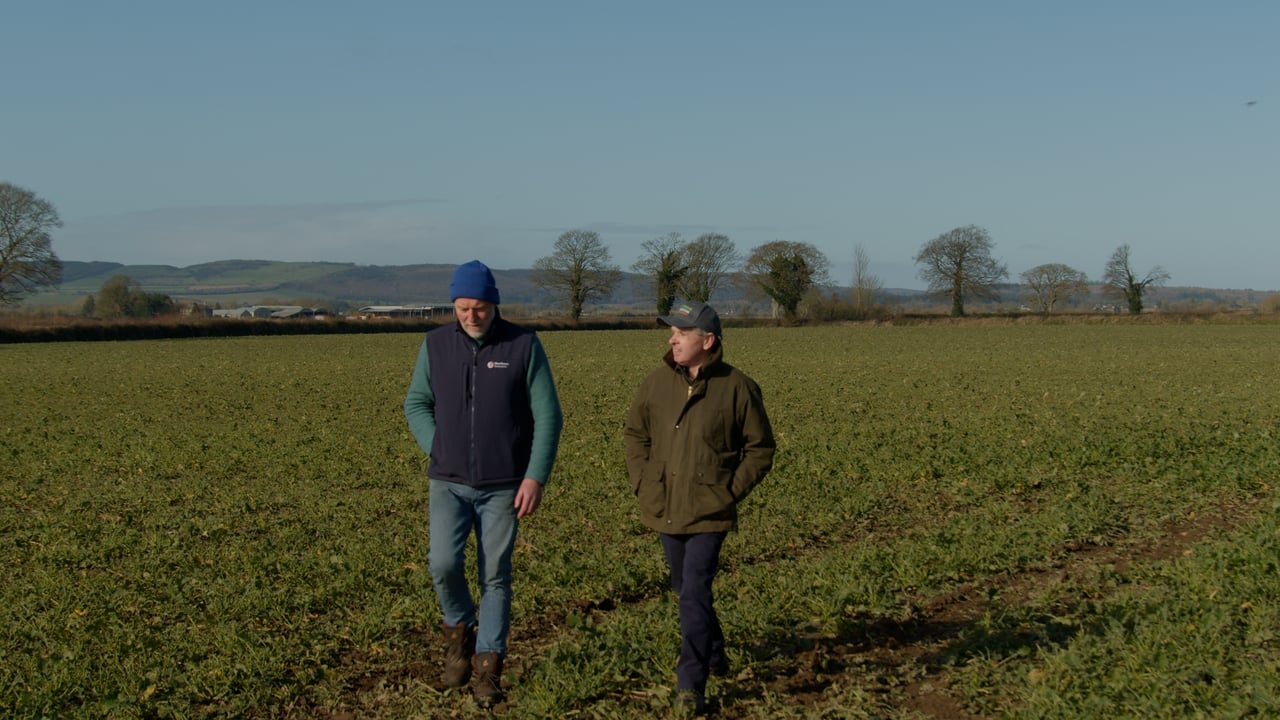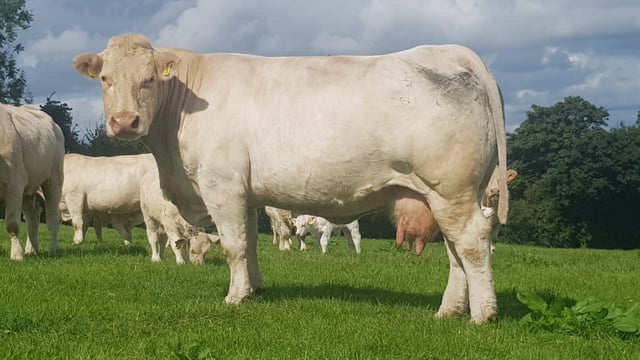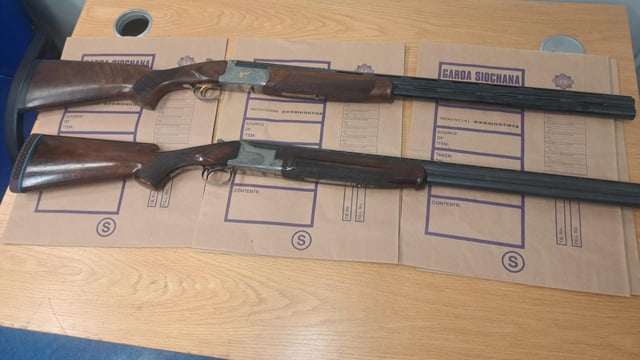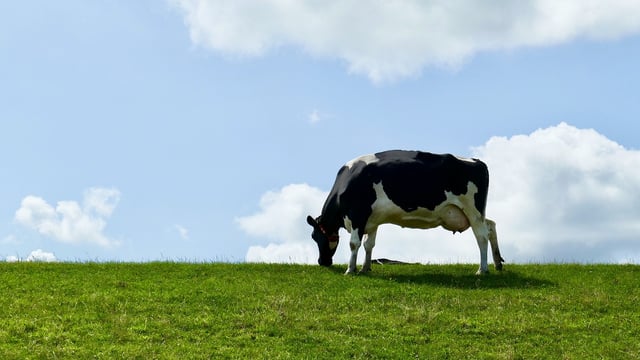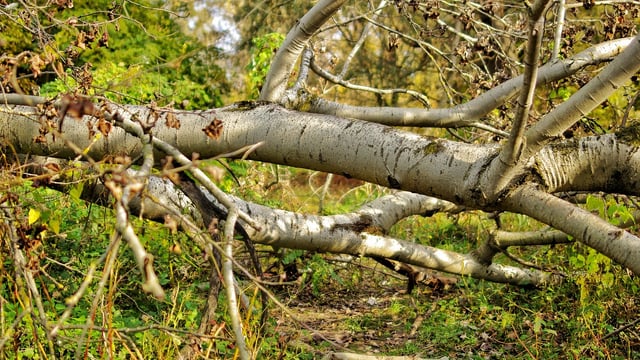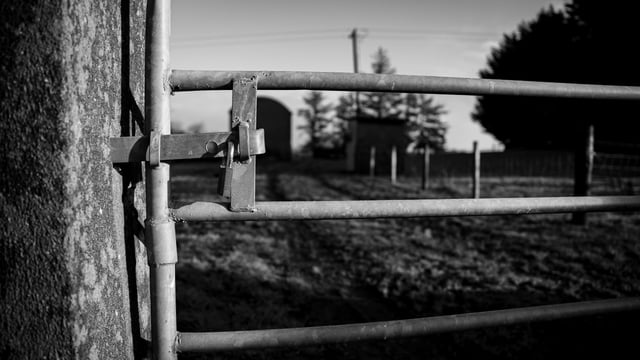Watch: New IGGG chair urges more financial support for tillage
The new chair of the Irish Grain Growers Group (IGGG), James Kelly, has set out his intention to work closely with the Minister for Agriculture, Food and the Marine, Martin Heydon to ensure more support for tillage.
The Co. Kildare tillage farmer told Agriland that the minister has first-hand experience of crop production from a farming point of view.
He said that the minister knows the challenges that face tillage farmers at the present time, adding that he is also aware of the tremendous benefits that crop production can bring to agriculture as a whole.
“I welcome the decision that has already been taken to retain the Straw Incorporation Measure in 2025,” Kelly said.
The IGGG representative also wants to see the additional €60 million of support for the tillage sector on an annual basis over the next five years that has been pledged by the government get into farmers’ pockets.
Kelly said: “It was encouraging to note that tillage was part of the mainstream debate in the run-up to last year’s general election. This fact alone is very encouraging."
But he also believes that the tillage sector must be put on a growth trajectory and this, he said, is currently missing from the overall strategy.
“The Climate Action Plan specifically references the growth required within the tillage sector," Kelly continued.
“The target area to be achieved is 400,000ha and government must play its part in making this happen."
Future for tillage
According to the new IGGG chair, the quality and heritage of Irish grains must be fully recognised by all the stakeholder organisations operating within the farming and food sectors.
“This means delivering a premium price to Irish tillage farmers," Kelly said.
“Research has confirmed the extremely low carbon footprint of Irish tillage farming. This fact alone should help drive forward the growth of the sector into the future.
“An enhanced role for tillage will also help to improve water quality across the country. The government is fully aware of this reality,” he said.
According to Kelly higher levels of cereal and protein production in Ireland ”will lead to a reduction in commodity imports”.
“And this is another good news story for our farming and food sectors,” he said.
Kelly is also of the opinion that the work of the Food Vision Tillage Group is far from over.
“The IGGG remains committed to the work of the [Food] vision [Tillage] group. We believe it to be a vehicle for positive change within the crops sector," he explained.
“This will not be a case of the report that was published last year simply being allowed to gather dust on a shelf,” he warned.
IGGG
The new chair is elected to serve for a period of one year and high on his agenda is his ambition to building on the successes achieved by the organisation up to this point.
“I have been an IGGG member since the inception of the organisation. Our membership continues to grow," he explained.
"IGGG can make a real and positive difference for the tillage sector now and into the future."
But he said he is also very aware that the area footprint of tillage in Ireland is continuing to shrink.
“Increasing areas of crop land are being converted to grass-based production systems. This trend must be reversed. The balance between tillage and grass based production has to be re-assessed in favour of crop production,” Kelly urged.
He also sees the need for tillage farmers to add value, where their crop output is concerned, with malting barley is a case in point.
“We need to have a properly functioning farming and food chain, one that ensures a proper return to the primary produce," Kelly said.
“I welcome the recent investment in expanded malting facilities and the development of a new brewery at Newbridge in Co. Kildare.
“Meanwhile as beer and other beverage prices continue to strengthen at retail level, it is vitally important that a proportion of this increase makes its way back down the chain to cereal growers,” Kelly said.
Tillage farm
The new IGGG chair farms with his two brothers, Joe and Micheál, on the outskirts of Athy, where they manage an all-tillage enterprise with a mix of winter and spring crops grown.
He told Agriland how the enterprise is currently performing: “All our winter crops were drilled in almost perfect conditions and have grown-on well throughout the winter months.
"The one downside has been the extensive pigeon grazing of our winter oilseed rape crops, but it’s not the end of the world, the plant numbers are still there.
"The fields in question have received their first application of fertiliser over recent days. So the affected plants should start to bounce back very quickly.”
Kelly views oilseed rape as an effective break crop within the rotation followed on the farm.
“The same principle holds where spring beans and peas are concerned. Last year, we managed to get our beans combined during August. The land around Athy is very suited to almost all tillage options," he added.
“Peas, for example, grow exceptionally well for us. Again, we would normally be able to harvest these crops during September.”
However as most farmers were able to plant out their full complement of winter cereals last autumn, the IGGG chair acknowledged that there may well be a smaller area of spring crops grown in 2025.
“The real issue is the continuing growth in Ireland’s grassland area relative to crops. And this must be the challenge addressed by all the stakeholders operating within the tillage sector, including government,” he said.

